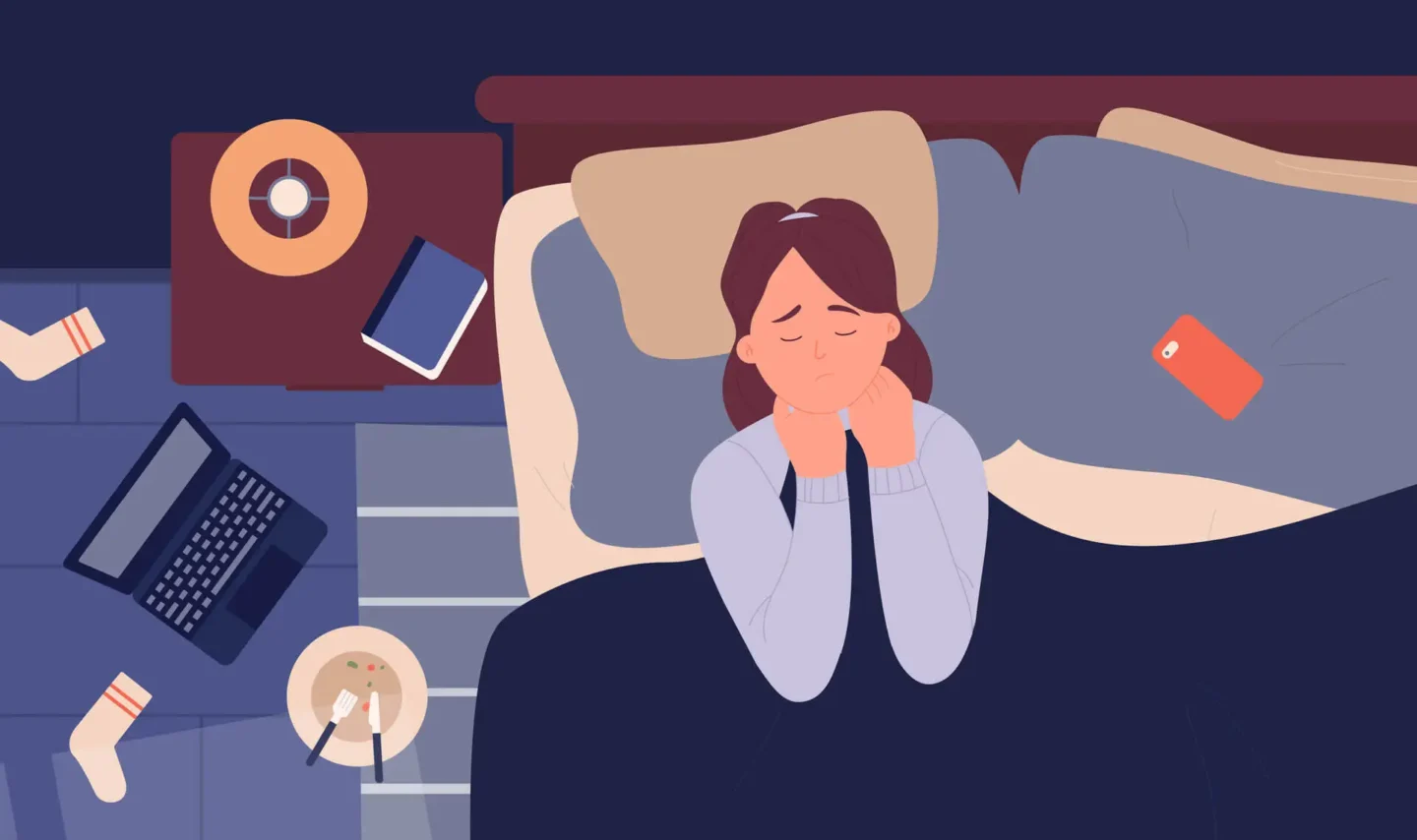Feeling down from time to time is a normal part of life, but when sadness takes hold and won’t let go, it could be depression. This mental health condition affects millions of people worldwide, yet it’s often misunderstood and misdiagnosed. So, “How to Know You Suffer From Depression?” Let’s delve into the signs and symptoms, the impact it can have on your life, and when it’s time to seek help.
What is Depression?
Depression, or major depressive disorder, is more than just a bout of the blues. It’s a serious mental health condition that affects how you feel, think, and handle daily activities. It can lead to a range of emotional and physical problems and decrease your ability to function at work and home. But remember, you’re not alone, and there is help available.
Common Symptoms of Depression
Recognizing depression can be tricky because it manifests differently in everyone. However, some common symptoms can help you identify if you or someone you know might be suffering from depression.
- Persistent Sadness or Hopelessness
- Feeling sad or empty most of the day, nearly every day, is a hallmark sign of depression. You might find yourself crying without a clear reason or feeling hopeless about the future.
- Loss of Interest or Pleasure
- Activities you once enjoyed may no longer bring you joy. This could include hobbies, socializing with friends, or even spending time with family.
- Changes in Appetite or Weight
- Significant weight loss or gain or a noticeable change in appetite could be a sign of depression. Some people might overeat for comfort, while others might lose their appetite entirely.
- Sleep Disturbances
- Depression often comes with sleep problems. This could mean insomnia, waking up too early, or oversleeping and still feeling tired.
- Fatigue or Low Energy
- Persistent fatigue and a lack of energy, even after a good night’s sleep, can be indicators of depression. Everyday tasks may seem exhausting or overwhelming.
- Difficulty Concentrating
- Depression can make it hard to focus, make decisions, or remember things. You might find it challenging to complete work, study, or even follow conversations.
- Feelings of Worthlessness or Guilt
- Excessive self-criticism or feelings of guilt over things that wouldn’t usually bother you can be signs of depression. You might feel like a burden to others or think you’re failing in every aspect of life.
- Physical Aches and Pains
- Depression isn’t just in your head; it can cause physical symptoms, too. This includes unexplained aches and pains, headaches, or digestive problems that don’t respond to treatment.
- Restlessness or Irritability
- Feeling restless, agitated, or easily annoyed is another common symptom. You might find yourself snapping at others or feeling uneasy without a clear reason.
- Thoughts of Death or Suicide
- Perhaps the most serious symptom of depression is recurrent thoughts of death or suicide. If you or someone you know is having these thoughts, it’s crucial to seek immediate help.
If you’re looking for a trusted Arlington depression treatment center just give Elysian Psychological Services a call now. Our experts are always happy to help you out.

The Impact of Depression on Daily Life
Depression affects more than just your mood; it impacts every aspect of your life. It can strain relationships, reduce work or school performance, and make it difficult to maintain a healthy lifestyle.
Relationships
Depression can create a rift between you and your loved ones. You might withdraw from social activities, become irritable, or lose interest in maintaining relationships. This can lead to feelings of isolation and loneliness, which further exacerbates depression.
Work and School
Concentration problems and fatigue can make it difficult to perform at your best in work or school. Tasks that once seemed manageable can become overwhelming, leading to decreased productivity and, sometimes, job loss or poor academic performance.
Physical Health
Depression is linked to various physical health problems, including heart disease, diabetes, and chronic pain. It can also weaken your immune system, making you more susceptible to illnesses.
When to Seek Help
If you recognize these symptoms in yourself or a loved one, it’s important to seek help. Depression is treatable, and the sooner you get help, the sooner you can start to feel better. Here are some steps you can take:
- Talk to Someone You Trust
- Sharing your feelings with a friend or family member can provide immediate relief and support. They might also help you recognize the need for professional help.
- Consult a Healthcare Professional
- A doctor or mental health professional can assess your symptoms and recommend treatment options. This could include therapy, medication, or a combination of both.
- Consider Therapy
- Psychotherapy, such as cognitive-behavioral therapy (CBT), is highly effective in treating depression. It helps you understand your thoughts and behaviors and develop coping strategies.
- Medication
- Antidepressants can help balance chemicals in your brain that affect mood and emotions. Your doctor can help determine if medication is right for you.
- Lifestyle Changes
- Regular exercise, a healthy diet, and adequate sleep can improve your mood and overall well-being. Mindfulness practices, such as meditation and yoga, can also be beneficial.
- Support Groups
- Joining a support group can provide a sense of community and understanding. Sharing your experiences with others who are going through the same thing can be incredibly healing.
Self-Care Tips for Managing Depression

In addition to seeking professional help, incorporating self-care into your daily routine can make a significant difference in managing depression.
- Establish a Routine
- Having a daily routine can provide structure and a sense of normalcy. Try to wake up and go to bed at the same time each day, and schedule regular meals and activities.
- Set Realistic Goals
- Break tasks into smaller, manageable steps. Celebrate your achievements, no matter how small they may seem.
- Stay Connected
- Isolation can worsen depression, so make an effort to stay connected with friends and family. Even a phone call or text message can make a big difference.
- Stay Active
- Physical activity releases endorphins, which can improve your mood. Aim for at least 30 minutes of exercise most days, even if it’s just a walk around the block.
- Practice Mindfulness
- Mindfulness and relaxation techniques, such as deep breathing exercises, meditation, and yoga, can help reduce stress and improve your mood.
- Avoid Alcohol and Drugs
- Substance use can worsen depression and interfere with treatment. Try to avoid alcohol and drugs, and seek help if you have trouble quitting.
- Get Enough Sleep
- Good sleep hygiene is crucial for mental health. Create a relaxing bedtime routine, avoid screens before bed, and make your sleep environment comfortable.
- Eat a Balanced Diet
- Eating a healthy diet can improve your mood and energy levels. Include plenty of fruits, vegetables, whole grains, and lean proteins in your meals.
Read more about “Can Anxiety Cause Flu Like Symptoms?” on our blog page now!
Final Thoughts
Recognizing the signs of depression is the first step toward getting the help you need. If you or someone you know is experiencing symptoms of depression, don’t hesitate to seek professional help. With the right treatment and support, it’s possible to manage depression and lead a fulfilling life.
Remember, you’re not alone in this journey. Reach out, talk to someone, and take the first step toward healing. Your mental health is just as important as your physical health, and taking care of it should be a priority. If you suspect you’re experiencing depression, don’t wait to get the help you need. At Elysian Psychological Services, our compassionate team is ready to support you on your path to healing. Schedule a consultation today to start understanding and managing your symptoms. Your mental well-being is our priority, and we are here to guide you every step of the way. Take the first step toward a brighter tomorrow with Elysian Psychological Services.


